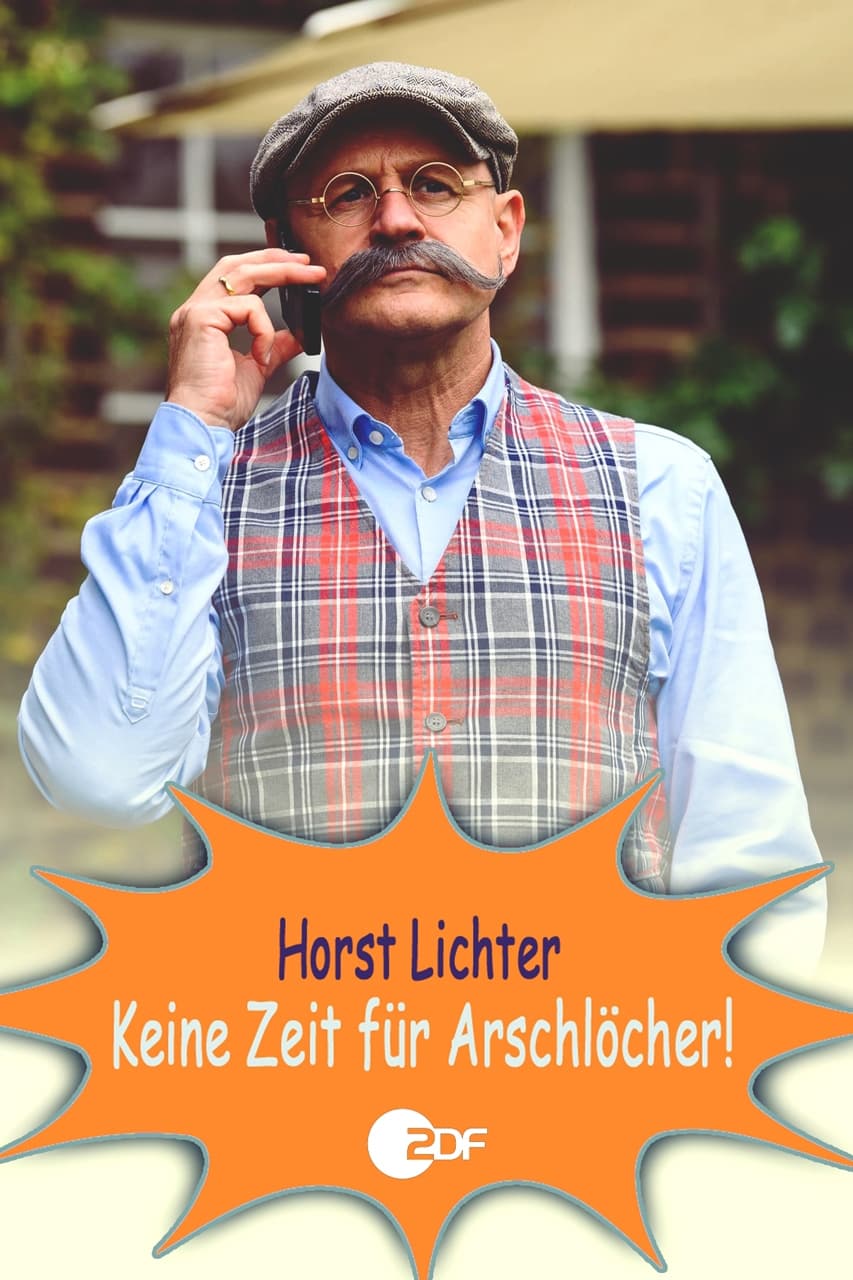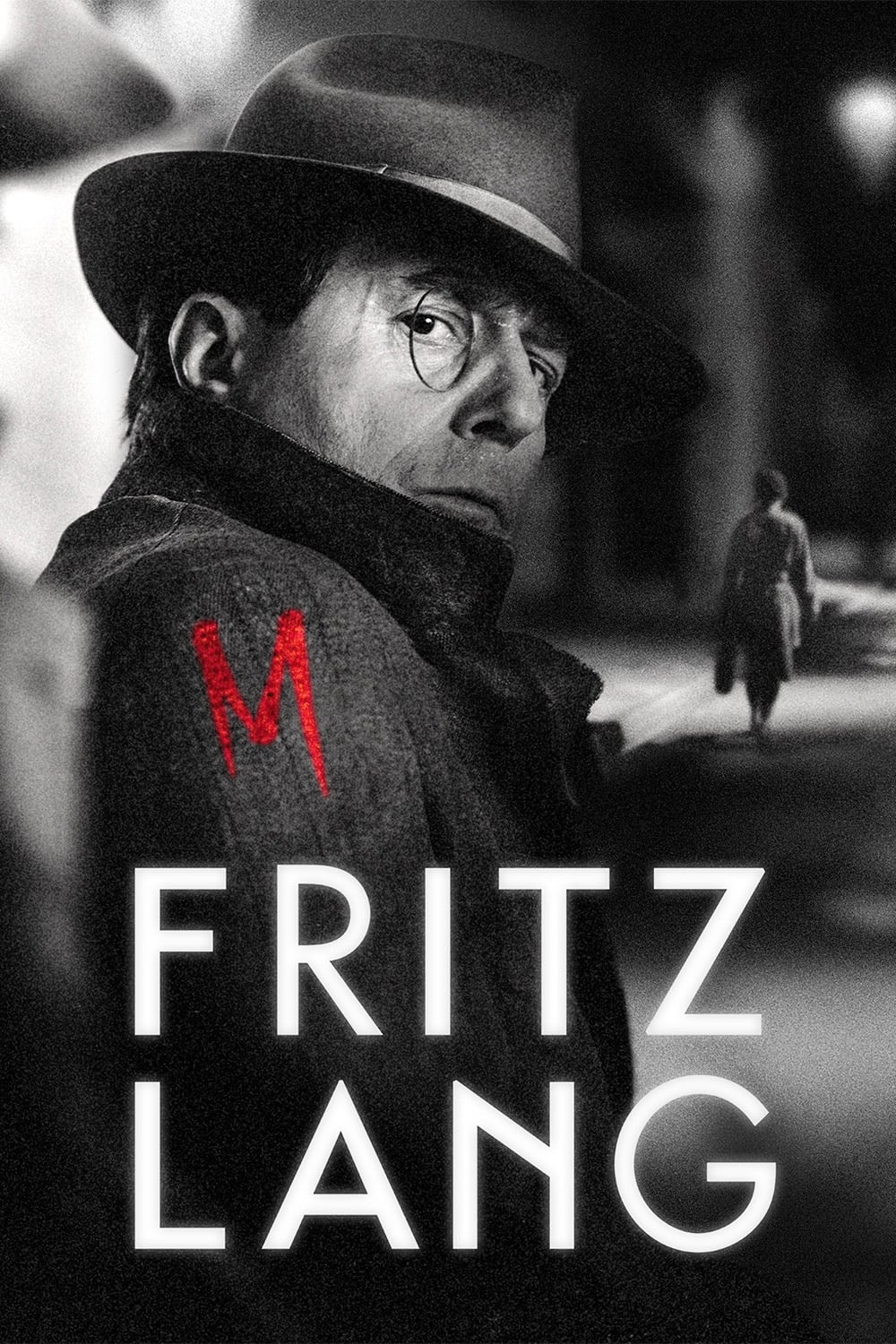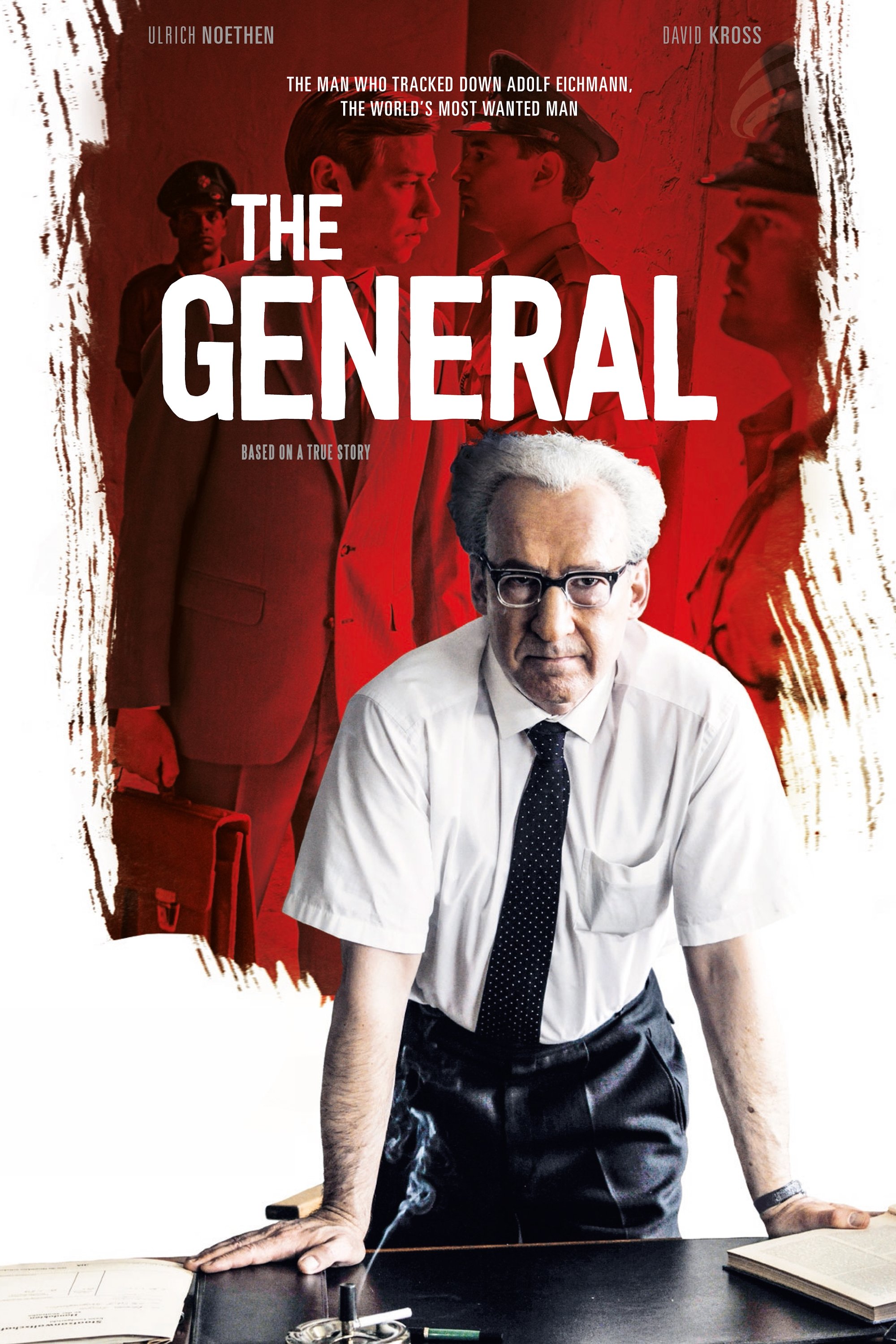

Based on the bestselling biography: Entertainer Horst Lichter has barely had time to relax on his holiday when his mother calls him. In her own dry way, she tells him that she has been diagnosed with cancer and that things are not going well for her. Immediately Horst returns to his hometown with his wife Nada. Returning home brings back childhood memories - of a loving father and a mother who held the reins firmly in difficult situations. Horst tries his best to support his mother Margret - he organises doctor's appointments and tries to provide a little variety into her daily life, even though the relationship between mother and son has been strained for a long time: he counters his mother's edgy, frosty manner as he had learned to do when he was young. He emphasises the positive side of any situation and is always ready to respond with a snappy retort. When Margret learns how serious her illness really is, Horst begins to rethink his own life as well.

Thanks to the latest DNA technology, Bruno van Leeuwen finally has a proof in his hands, with which the rapist of the then nine-year-old Vicky can be convicted. Piet Martens, the neighbor of the girl's family, was the culprit. But despite the new evidence, he can not be brought to justice because the crime is now time barred. Martens leaves the police headquarters as a free man. Then Vicky falls on Martens and hits him with a bottle. The police separate the two and Martens' lawyer reports to Vicky about dangerous assault.

Filmmaker Fritz Lang seeks inspiration for his first sound film by immersing himself in the case of serial killer Peter Kürten.

In the young Federal Republic of Germany, which in the late 1950s in politics and justice is still interspersed with only superficially purified Nazi cliques, leads the Hessian Attorney General Fritz Bauer a lonely fight against the coverup of Nazi crimes and the restorative policy of the government Adenauer - he is firmly convinced that only in this way can the young democracy be consolidated. Not only his attitude, but also his temperament make Bauer vulnerable, again and again resistance forms from politics, intelligence services and the judiciary against the lone fighter.
By browsing this website, you accept our cookies policy.